Welcome to my newsletter, ‘Bible, Mission, and More’, where I share what’s on my mind as I teach, research, and write on the Bible and mission, children-at-risk in the Bible and contemporary society, Psalms and Wisdom Literature, and a range of other topics. I teach at All Nations Christian College in the UK, though views are my own. You may also like to check out my Bible and Mission website.
New and forthcoming books I’m looking forward to reading
There are a number of very new and forthcoming books I’d like to read in the coming months. I may not get to all of them but these are some titles I wanted to highlight. Of course, there will be lots I’ve not included here; feel free to make further suggestions in the comments.
In each case I’ve said a bit about why I’m drawn to the book and have included a link to the publisher’s website above the book’s blurb.

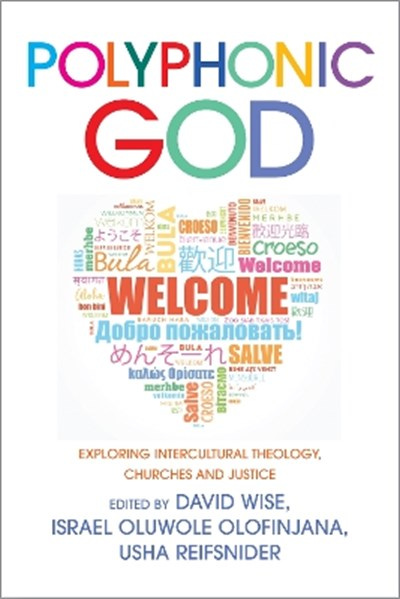
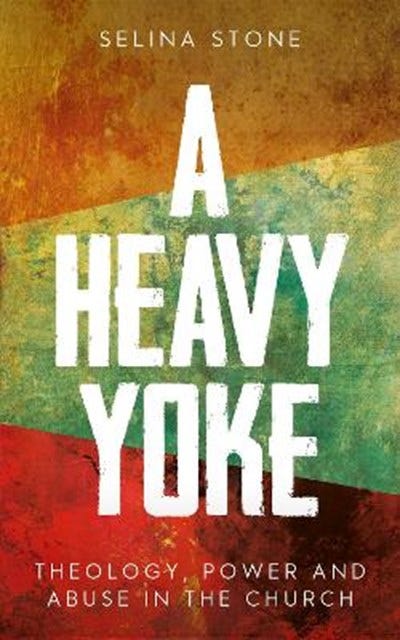
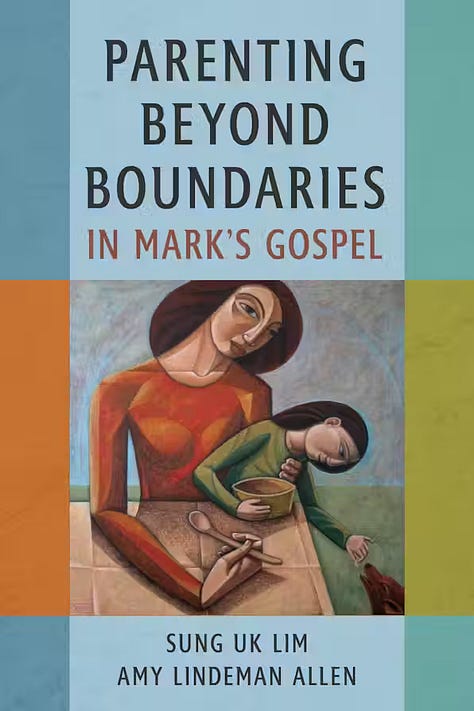
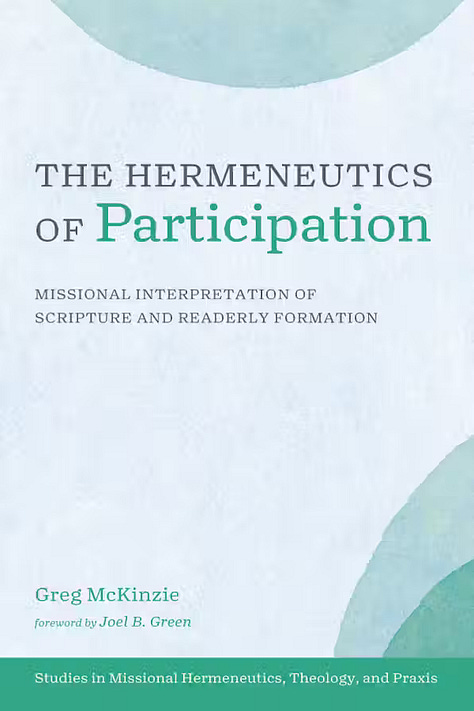
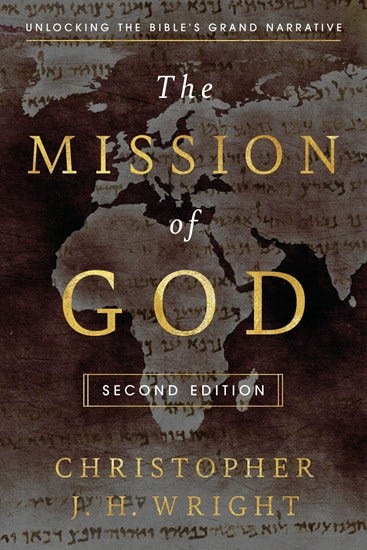
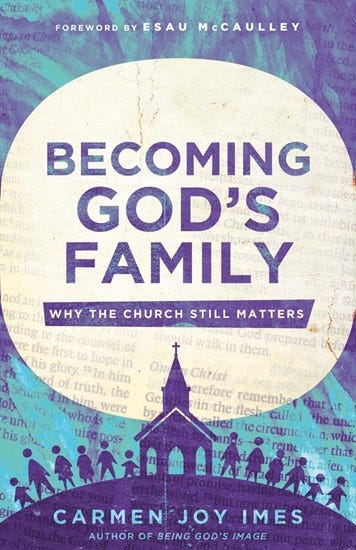
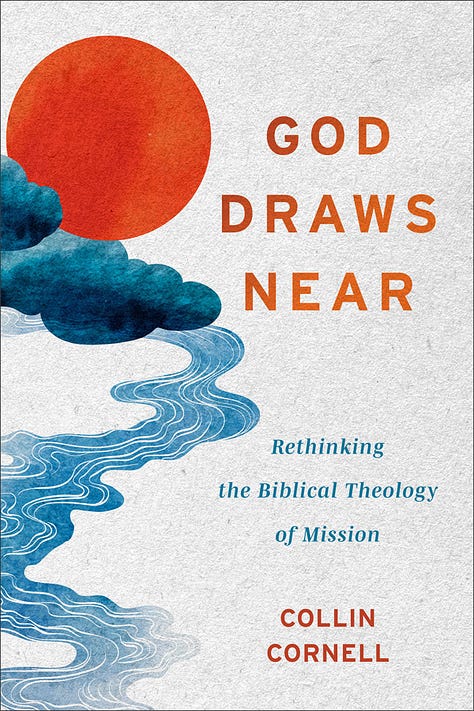
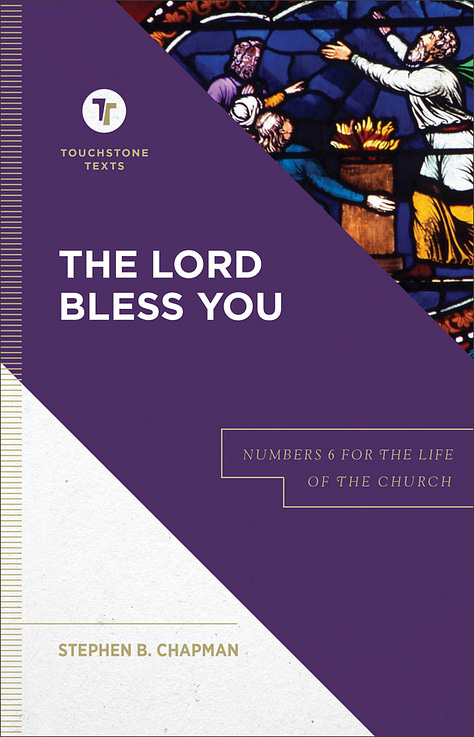
A Heavy Yoke: Theology, Power and Abuse in the Church by Selina Stone
In recent years I’ve done an increasing amount on the use and abuse of power in Christian contexts, including how this relates to a theology of safeguarding / child protection. Wrestling with how and why abuse happens is difficult but necessary work. Selina Stone’s new volume looks like an important addition to the growing literature in this area.
What we believe about God becomes the basis for how we think about ourselves, as leaders and individuals, and how by extension, we think about and treat others. But the relationship between doctrine, practice and power is not always straightforward. The Christian call to humility when applied to people of global majority heritage or those living with disabilities, can simply add to their marginalisation. Servant-leader language has often been tarnished by the many leaders who adopt this as a mantra despite abusing their power in practice.
In A Heavy Yoke, Selina Stone lifts the lid on the ways Christian theology can, often unwittingly, uphold existing power structures to the detriment of the flourishing of the whole church. Engaging and timely, the book calls for a more rigorous and critical understanding of Christian theology and how it is shaping Christian leaders, churches and organisations.
Polyphonic God: Exploring Intercultural Theology, Churches and Justice edited by Israel Oluwole Olofinjana, David Wise, and Usha Reifsnider
This looks like a really interesting and helpful exploration of Church and mission in the UK context I am in. I don’t know David Wise but am a big fan of Usha and Israel. There looks like an impressive range of topics covered in the volume.
In a fragmented, fragile and fractured world, what kind of churches do we need that can speak prophetically to the nations? We are living through a suffering context and a polarized world that requires a new ecclesiology, that is, way of doing church. Polyphonic God introduces the idea that the Trinity speaks more than one language and inhabits multiple worldviews, yet is one in essence. It offers new interdisciplinary perspectives on ecclesiology and missiology. This book envisions a re-imagined church that is intercultural, intergenerational and interdenominational.
In Polyphonic God, theologians and practitioners together contend that intercultural churches are significant in multicultural British society, and serve to create a counter-cultural kingdom narrative demonstrating how we can find unity in the midst of diversity and how this can enrich the lives of everybody involved.
Decolonising Mission by Harvey Kwiyani
It was Harvey’s Global Witness, Globally Reimagined substack that inspired me to start my own. He is one of the foremost missiologists in the UK today and communicates with passion and clarity, even when he is saying uncomfortable things.
For the past 500 years, the idea of the mission of God has been synonymous with that of the expansion of the Western civilisation and its influence in the world. Christianity, being the religious foundation of the Western civilisation as it stands today, has both justified and been used as an instrument for the domination of the world by Western imperial forces. Mission methods have developed that use western supremacy and militarism as a justifiable means to convert the world and make disciples for Christ. In Decolonizing Mission, Harvey Kwiyani traces the history of Christian mission alongside the history of empire, showing the influence that one had on the other. Imagining what mission without imperialism would look like, Kwiyani sheds light on the connection between colonialism and mission and invites us to realign our missional methods with God's.
The Hermeneutics of Participation: Missional Interpretation of Scripture and Readerly Formation by Greg McKinzie
I’m interested in anything on missional hermeneutics and Greg McKinzie’s new book came out just a couple of weeks ago. It is the second volume in the Wipf & Stock series, Studies in Missional Hermeneutics, Theology, and Praxis. Last year Michael Barram and John R. Franke (the series editors) brought out the first volume, Liberating Scripture: An Invitation to Missional Hermeneutics. This series aims to explore:
‘the significance of the so-called “missional turn” for Christian hermeneutics, theological reflection, and praxis. This entails both a critical reconstruction of mission in more holistic and decolonizing terms, as well as the ways in which this renewed conception of mission reorients biblical interpretation, theological reflection, and Christian praxis. In so doing, the series seeks to explore and reimagine texts and themes, hermeneutical dynamics, theological issues, and faithful, located engagement for a post-Christendom church in the contemporary world.’
Publisher blurb for McKinzie’s volume:
Many theological interpreters of Scripture have claimed that church practices produce well-formed readers. But which practices? Greg McKinzie argues that missional hermeneutics challenges the church to include participation in God's mission among the indispensable components of readerly formation. After a quarter century of contemporary reflection on missional theology, however, the meaning of participation in God's mission remains vague. In order to explain why it is a critical hermeneutical experience, therefore, McKinzie sets out to develop a theological account of missional participation that incorporates the concepts of theosis, embodied narrativity, and solidarity. Then, in conversation with the hermeneutical phenomenology of Paul Ricoeur, the study suggests how theologically recontextualizing a model of the movement from embodied commitments to textual interpretation in terms of participation in God's mission illuminates the epistemic reconstitution of the church's theological interpretation of Scripture. Understanding participation in God's mission as theological interpretation's proper locus theologicus should reorient the notion of readerly formation because the formation of missional readers is the process in which God opens the reading community's embodied eyes of faith through the works of faith seeking understanding.
The Mission of God: Unlocking the Bible’s Grand Narrative, Revised edition by Christopher J.H. Wright
As I mentioned in last week’s post Chris Wright is bringing out a revised edition of his ground breaking 2006 volume The Mission of God: Unlocking the Bible’s Grand Narrative. By page count alone it looks like he has added another 70 pages or so; I’m looking forward to seeing how the work has developed and addressed various critiques and innovations in the field.
Tackle Key Questions from the Past Two Decades in this Fully Updated Edition
Engage with the latest scholarship on the biblical theology of mission and missional hermeneutics with Christopher J. H. Wright's classic text—now fully revised and updated!
Most Christians would agree that the Bible provides a basis for mission. But Christopher Wright boldly maintains that there is a missional basis for the Bible itself. The entire Bible is generated by and is all about God's mission. In order to understand the Scriptures, we need a missional hermeneutic, an interpretive perspective in sync with the beating heart of its great mission.
Wright gives us a new hermeneutical perspective on Scripture through an understanding of:
• Who God is
• What he has called his people to be and do
• How the nations fit into God's mission
In this revised edition of The Mission of God, Wright extends his classic discussion to consider the ways that the conversation on missional hermeneutics has developed since its original publication. With fully updated citations and additional chapters focused on gospel-centered holistic mission and on the issue of election and supersessionism, this new edition addresses the questions, criticisms, and insights that have emerged during the intervening two decades.
Becoming God's Family: Why the Church Still Matters by Carmen Joy Imes
Following on from her Bearing God’s Name: Why Sinai Still Matters and Being God’s Image: Why Creation Still Matters, Carmen Joy Imes has a new volume coming out in the Autumn: Becoming God’s Family: Why the Church Still Matters.
The first two volumes are already on my Old Testament and Mission reading list at All Nations. Imes writes with great clarity, care for the text, and love for the Church. It looks like this book will be a great complement to some of the other volumes I’ve highlighted as well.
Does the church still matter in our modern world?
After waves of disillusionment, #churchtoo movements, and political divides, it’s easy to question the value of investing in the church. Yet Carmen Joy Imes offers a profound answer that resonates through the pages of Becoming God’s Family. Exploring the familial and communal identity of the church, Imes traces the thread of God's presence in the gathered community of faith across the entire Bible. She invites readers into a vision of the church that is rooted deeply in Scripture and speaks directly to the challenges we face today. Imes reminds us of a powerful truth—God delights in the global, intergenerational family He has created.
Through this book, you'll discover that God keeps His promises. When God’s people gather together, God shows up. Whether you’re struggling to reconnect with the church, seeking a constructive vision for its role in our world, or longing to better understand its biblical foundations, this book offers clarity, hope, and encouragement.
God Draws Near: Rethinking the Biblical Theology of Mission by Collin Cornell
Collin Cornell teaches OT and mission at Fuller Seminary. In his new book he challenges the idea of framing mission exclusively around a simplistic narrative of ‘rescue’ or ‘repair’. Instead he focuses on relationship and draws particularly on Song of Songs. I’ve a feeling this book will get people talking and lead to some rich and formative conversations on theology of mission.
In God Draws Near, Old Testament expert and missiologist Collin Cornell challenges conventional thinking about the theology of mission. The prevailing paradigm has been of a single grand story encompassing creation, fall, and redemption. The understanding of God’s mission that follows is that of rescue or repair. In the first part of the book, Cornell interacts with and critiques this line of thinking, pointing out how it influences our interpretation of the canon of Scripture, our view of Israel, and even how we view Christ and his incarnation. These problems have consequences for mission practice.
Cornell then offers a new model for the biblical theology of mission, recentering it on God’s purpose to draw near to creatures out of love and delight. The Song of Songs provides a key inspiration. Cornell argues that rather than being linear, the Bible is geometric, flowing outward from God’s presence in the tabernacle in the Old Testament and in Christ in the New. This perspective honors God’s relationship with Israel and keeps Christ at the center of God’s work in the world.
The Lord Bless You: Numbers 6 for the Life of the Church by Stephen B. Chapman
I’ve prayed the Aaronic blessing thousands of times. We pray it over our kids every evening but it has also been a feature of my research and writing on children in the Bible and the contemporary world. This new book by Stephen Chapman looks like a really useful deep dive into that text.
The Priestly Blessing in Numbers 6, “The Lord bless you,” is one of the most familiar and widely used liturgical texts in Christianity. Although often recited, it is not usually a subject of in-depth study.
In this addition to the Touchstone Texts series, highly regarded Old Testament scholar Stephen Chapman provides a detailed, engagingly written exposition of the Priestly Blessing as well as a broader exploration of blessing in the Old Testament. He explores the historical and liturgical use of the Priestly Blessing in the Jewish and Christian traditions and discusses key issues related to the practice of blessing within contemporary Christianity. His interpretation of the Priestly Blessing highlights the importance of the divine name and the way the blessing offers a vision of religious faith as “name bearing.” Chapman’s volume will be a helpful resource for pastors and seminarians and an important reminder to all Christians of the centrality of blessing to the life of faith.
Parenting Beyond Boundaries in Mark’s Gospel by Sung Uk Lim and Amy Lindeman Allen
Other than what’s on the publisher’s website I know nothing about this book. It’s not out until next year, but Lim and Lindeman’s volume on parents and children in Mark’s Gospel looks fascinating and important. I expect it will be very helpful as I continue to research and write on children in the Bible.
A paradigm-shifting study of parenting in the New Testament
Challenging popular attempts to mold the Bible into a single fixed model for parenting, New Testament scholars Sung Uk Lim and Amy Lindeman Allen explore the fascinating range of parent-child relationships depicted in the Gospel of Mark. By examining the multifaceted roles of parents in the biblical text while also attending to the agency of children, Lim and Allen illuminate approaches to parenting that have rarely been discussed in biblical studies: collaborative parenting, politicized parenting, borderless parenting, and vulnerable parenting. Their findings reveal biblical parenting to be surprisingly diverse, adaptive, and flexible, with parents in the Markan narrative deftly navigating boundaries of gender, class, ethnicity, and dis/ability.
While much has already been written about women and children in the New Testament, Lim and Allen’s book fills a significant scholarly gap regarding relationships between mothers and children, fathers and children, and mothers and fathers. The book also stands out for its engagement with childist, feminist, and womanist biblical scholarship, and its in-depth analysis of parenting power dynamics. For biblical scholars, seminarians, and anyone seeking a fresh perspective on family and household dynamics in early Christianity, Parenting Beyond Boundaries in Mark’s Gospel is an innovative study that is sure to generate lively discussion and renewed insights.
So what else should I be looking out for? Let me know in the comments below.
Thanks for joining the journey and see you next week,
Tim













Thanks for the shout out!!
I'm glad to know about Steven Chapman's new book
One typo: "image" should be "Name" in my first book title.